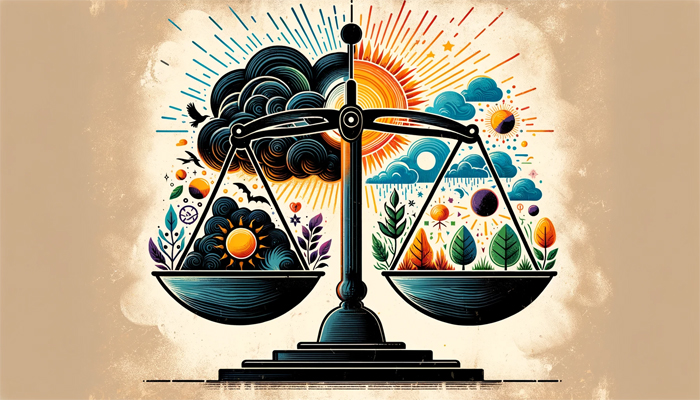Porn addiction, characterized by compulsive pornography use that negatively impacts a person’s life, can be a heartbreaking issue for both the individual struggling and their loved ones. It’s important to remember that porn addiction is real, it’s not a moral failing, and most importantly, it’s treatable with the right kind of support.

Recognizing the Signs
Before we offer support, it’s crucial to recognize the potential signs of a porn addiction. These may include:
- Excessive screen time, often in secret or hidden ways.
- Neglecting responsibilities at work, school, or home.
- Withdrawal from social activities and loved ones.
- Changes in mood, such as increased anxiety, depression, or irritability.
- Financial difficulties due to online subscriptions or compulsive behaviors.
Approaching the Conversation
Opening up about porn addiction can be incredibly difficult, so approach the conversation with empathy and understanding. Choose a calm and private moment, express your concern without judgment, and focus on your love and desire to help. Actively listen, validate their feelings, and acknowledge the challenges they face. Remember, judgment will only push them further away.
Offering Support
The most important step is encouraging professional help. Therapists specializing in addiction can provide crucial guidance and support on the road to recovery. Additionally, there are valuable resources like support groups and online communities where individuals can connect with others facing similar challenges, finding solace and shared experiences.
Help them set realistic goals for reducing porn use, focusing on gradual progress rather than complete abstinence. Identify triggers that escalate cravings and develop coping mechanisms like mindfulness exercises, hobbies, or spending time with loved ones. Offer distractions and alternative activities that fulfill and stimulate without relying on pornography.

Maintaining Support
Remember, recovery is a journey, not a destination. Be patient, understanding, and celebrate even small successes. Acknowledge setbacks as part of the process and offer unwavering encouragement. Prioritize your own well-being, seeking support for yourself if needed, so you can continue to be a pillar of strength throughout their journey.
Conclusion
Helping someone with a porn addiction is an act of love and compassion. By offering understanding, support, and access to resources, you can play a crucial role in their journey towards healing and a fulfilling life. Remember, you are not alone in this process. With love, patience, and the right resources, you can help them rediscover joy, regain control, and build a healthier future.
